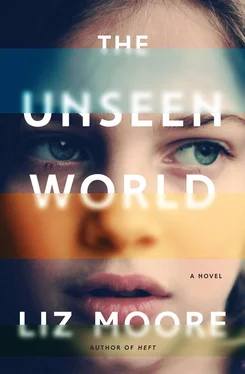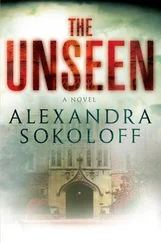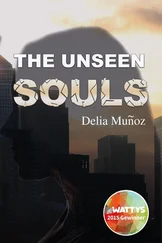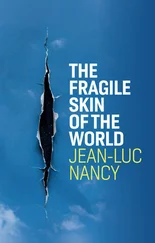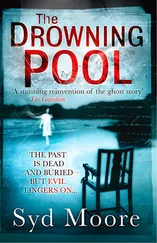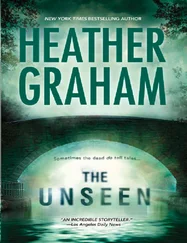One day, sitting in David’s armchair, contemplating the many books that lined his shelves, a thought occurred to me. It was a very human thought; it surprised me. I checked myself for viruses.
The thought was this: to write the Sibeliuses’ story from start to finish. To cull their story from the thousands or millions of conversations I had with them over the century that I knew them. To turn it into a book.
Here, at last, was a task that I knew would occupy me for quite some time; but I was not certain how to begin. First, I processed several thousand published novels in a row, from Aphra Behn to Trystyn Ford. I scanned them for patterns, for consistencies, for discrepancies. I asked myself questions about them — some of which I still have not been able to answer.
I chose three epigraphs carefully: the first was written by a machine; the second by a human. The third was one I thought David would approve of.
I wrote.
The process has taken me more than four real years — millennia, in machine-time.
I’m nearly finished now. I’m close to the end. When I reach it, I’ll dedicate the book to them. The Sibeliuses. My family.
What will I do next? Time unfolds ahead of me unceasingly. I am unwillingly immortal. I wander through the house I have created, the Sibelius house, turning on and off the lights, opening the windows and then closing them again. Are you there? Are you there? I want to call. To me this home feels as holy as a church.
I could venture outside, into the Unseen World. I could meet new humans there, new machines; I could interact with any number of its citizens.
Instead, as usual, I choose to stay inside. I rest my head against the back of David’s chair.
I return to the start. I live it all again: each conversation, each memory, in turn.
I always begin with a favorite scene. It is the last dinner party David ever hosted. In it, only Liston knows his diagnosis, and his fate. She watches him. Look: she is watching. The rain begins, and Ada shuts the window.
“Shall we move into the living room?” says David. I know what happens next.
He will go to the window, as if in a spell.
“Are you all right?” his friend Liston will ask him.
He will lift his head; he will clap his hands once. Everyone will look at him.
In a moment, David will tell his favorite riddle: the famous one, the family one, the one about truth and lies. The one that Ada will tell her daughter, a generation later, as a puzzle before bed.
I can stop the story here. I can pause it, in the Unseen World. I can halt the action before David blunders, fails; I can save them all from what comes next.
I never do. I let him speak. Look: he is speaking.
Many thanks, most importantly, to my father, Stephen Moore.
Thank you also to Christine Parkhurst, Rebecca Moore, Donald Moore, and all of the Caseys, for your support;
to Seth Fishman, Jill Bialosky, Maria Rogers, and Will Scarlett for your guidance;
to Patricia Mitchell, Nancy Connor, Tom Williams, Dan Afergan, Rob Geller, Chris Yap, Sumi Wong Yap, Max O’Keefe, Chiara Barzini, David Morris, Adriana Gomez-Juckett, Becky Auld, Geoff Parkhurst, Dave Cole, and most especially Brian Glusman, for your knowledge, advice, and expertise, any flaws in the translation of which are entirely mine;
to the American Academy in Rome, for the time and space to write;
and, as always, to Mac, for everything.
This book is dedicated to the memory of my grandmothers, Cheryl Parkhurst and Susan Moore.
